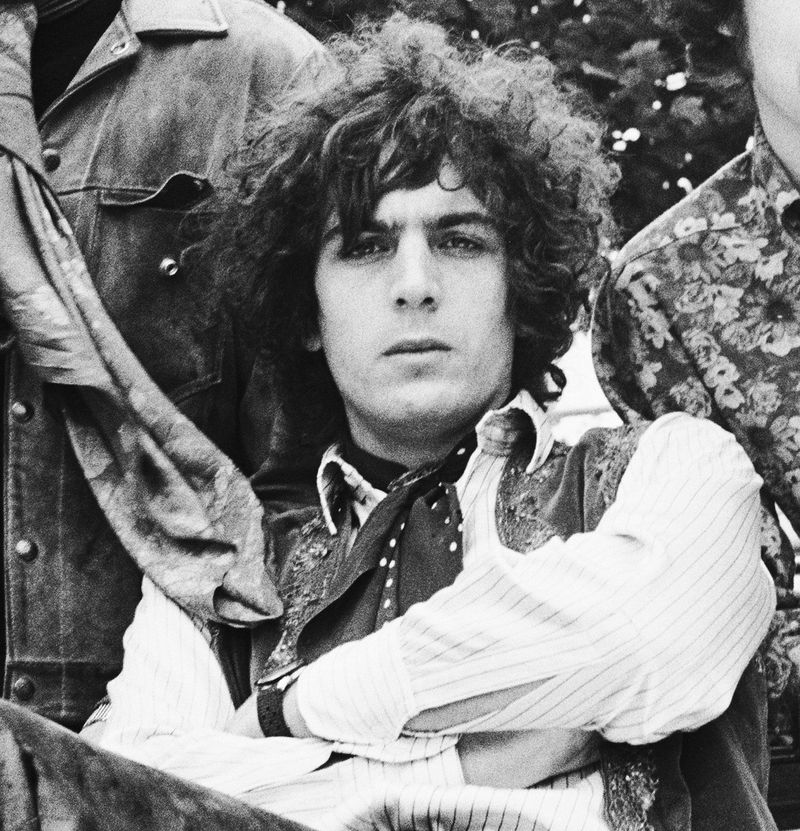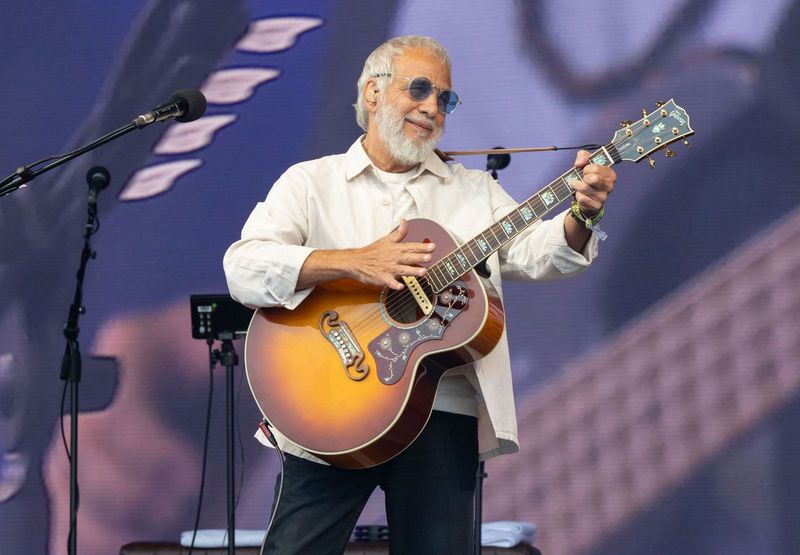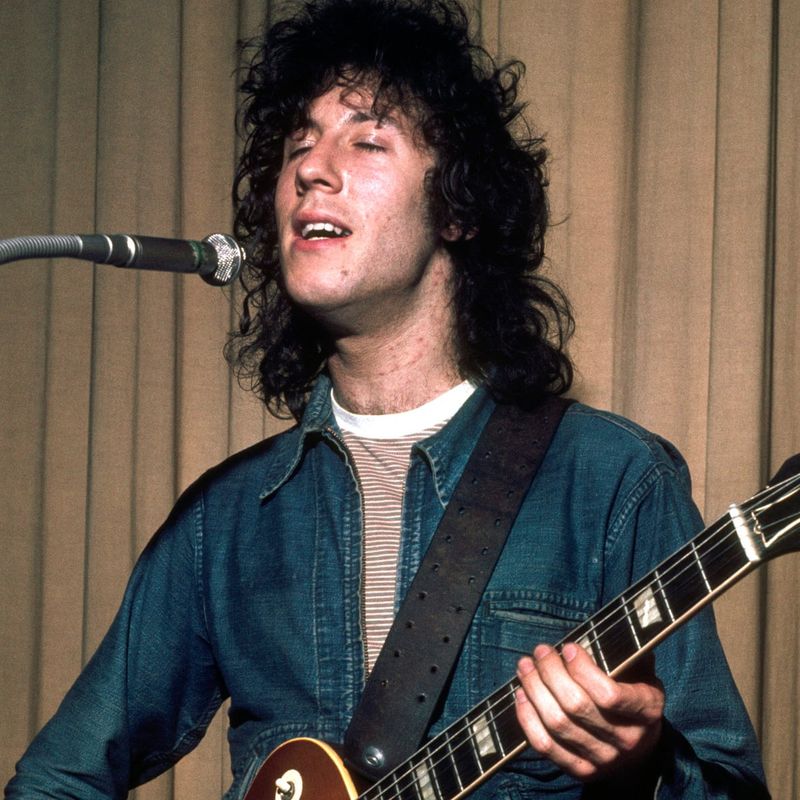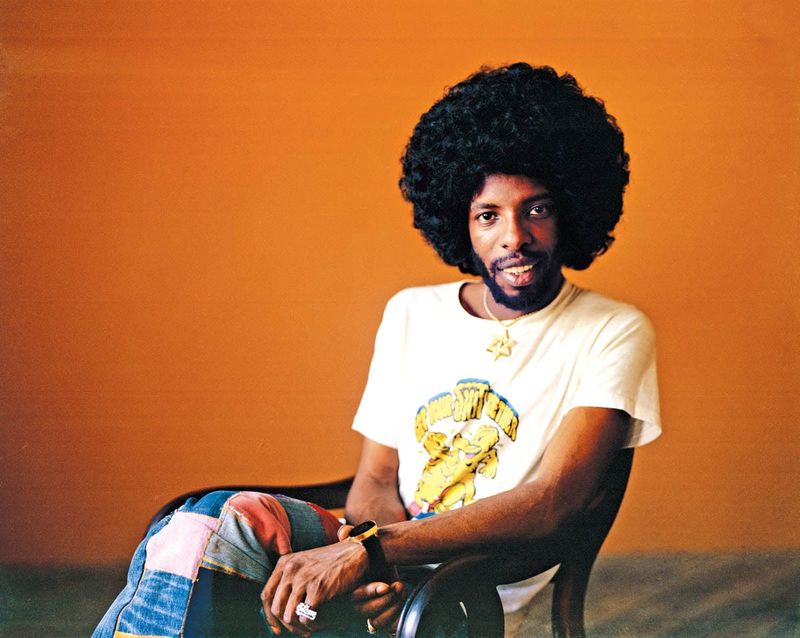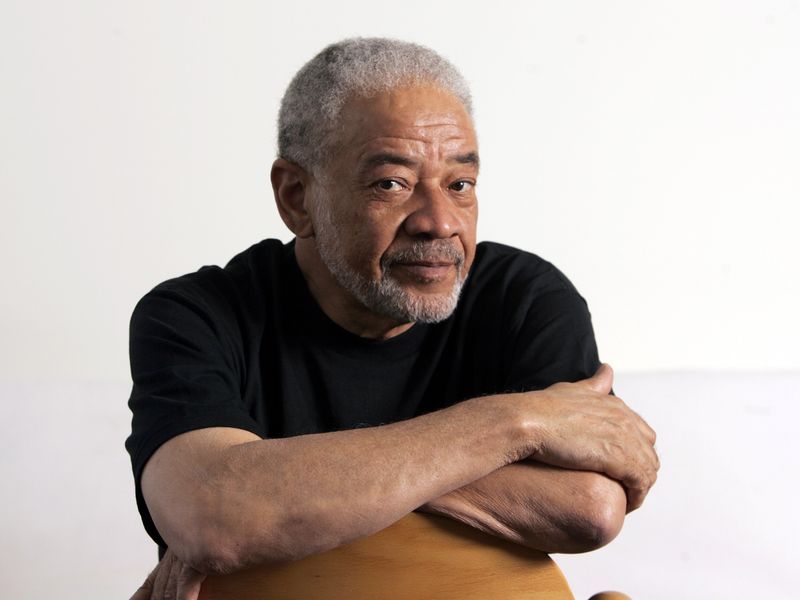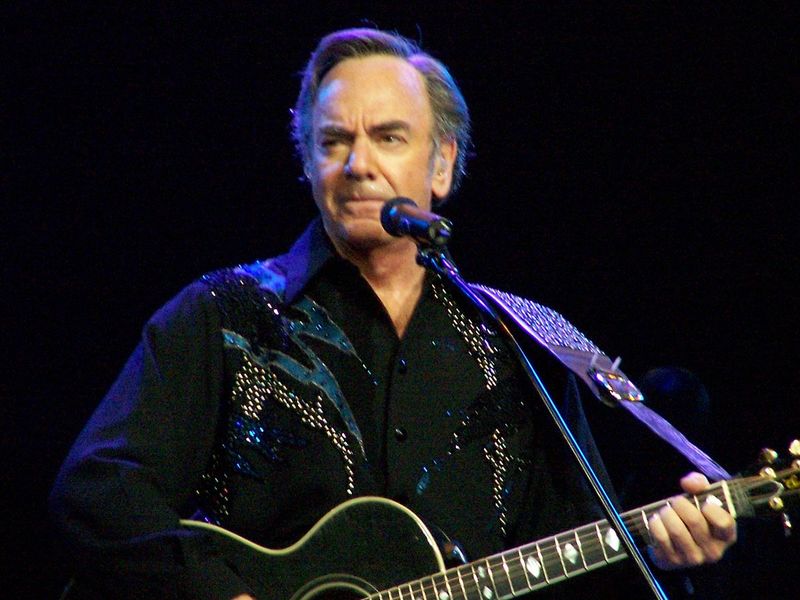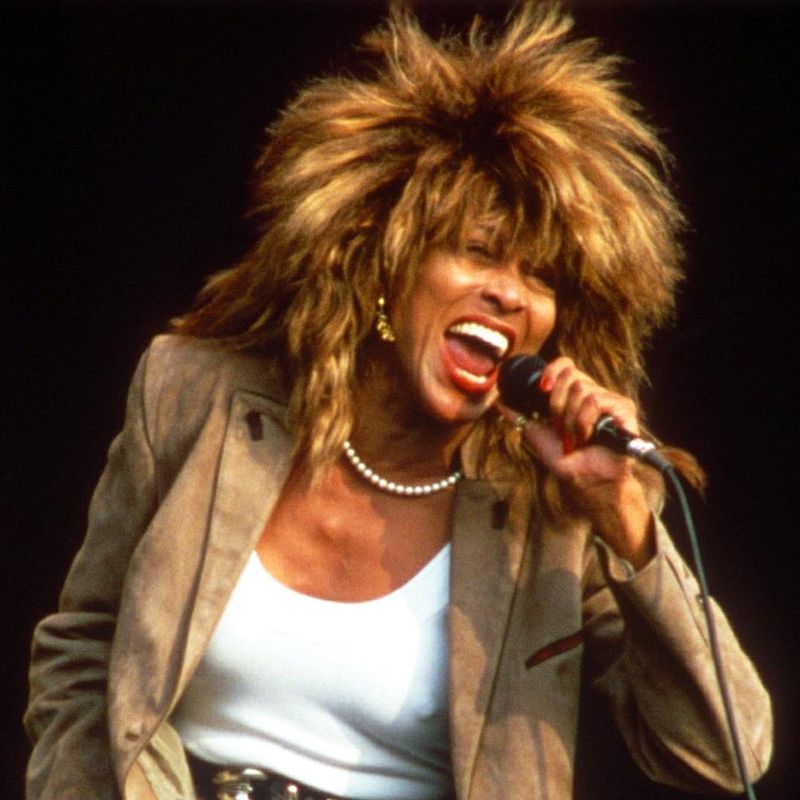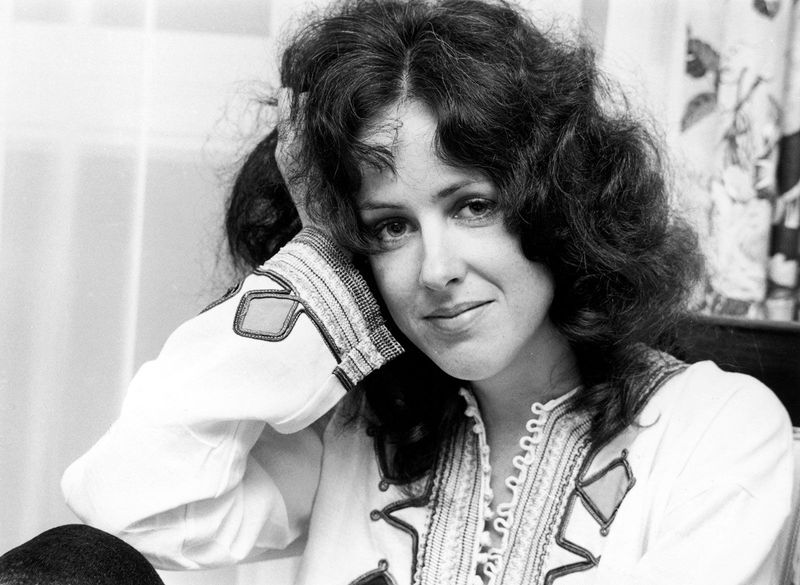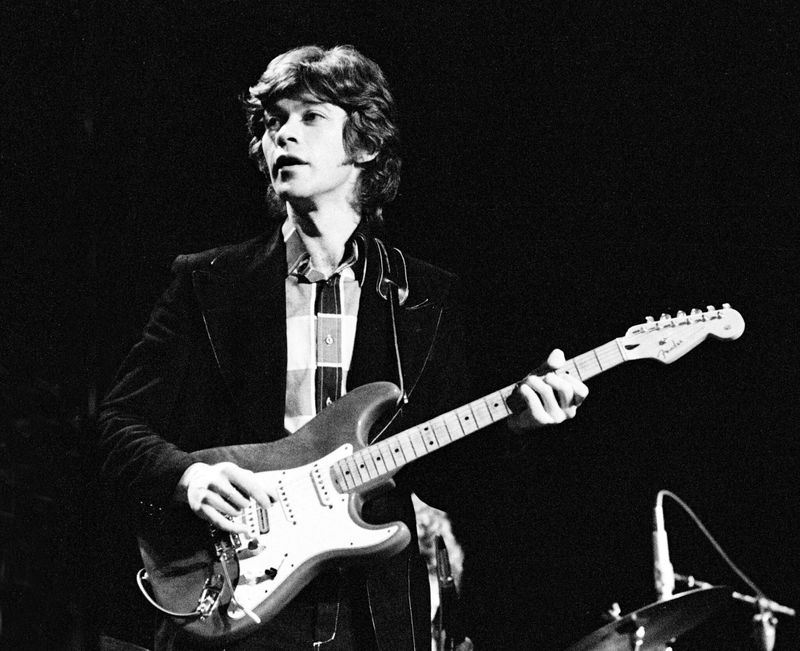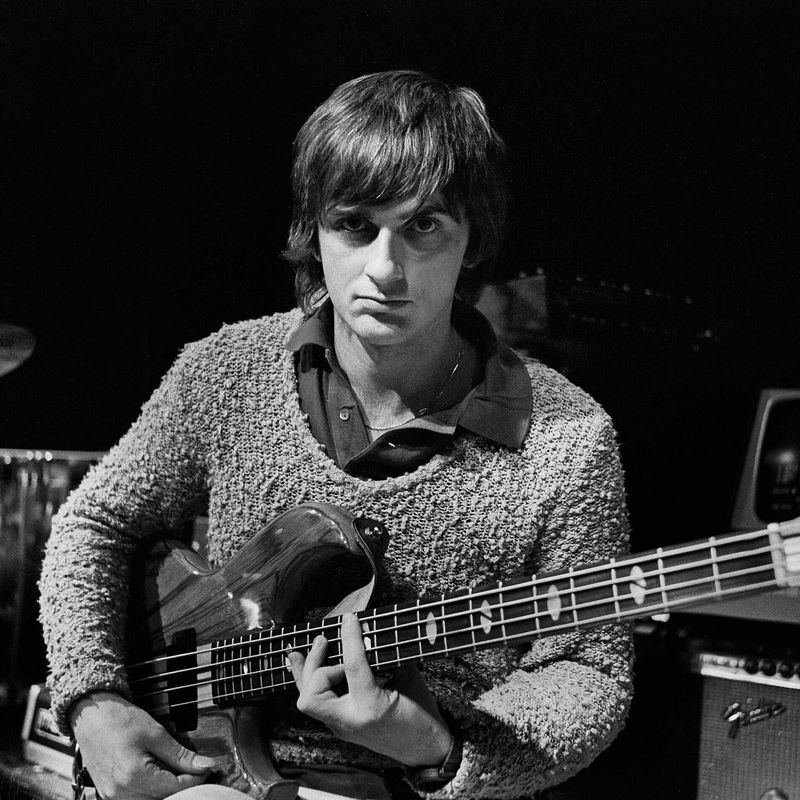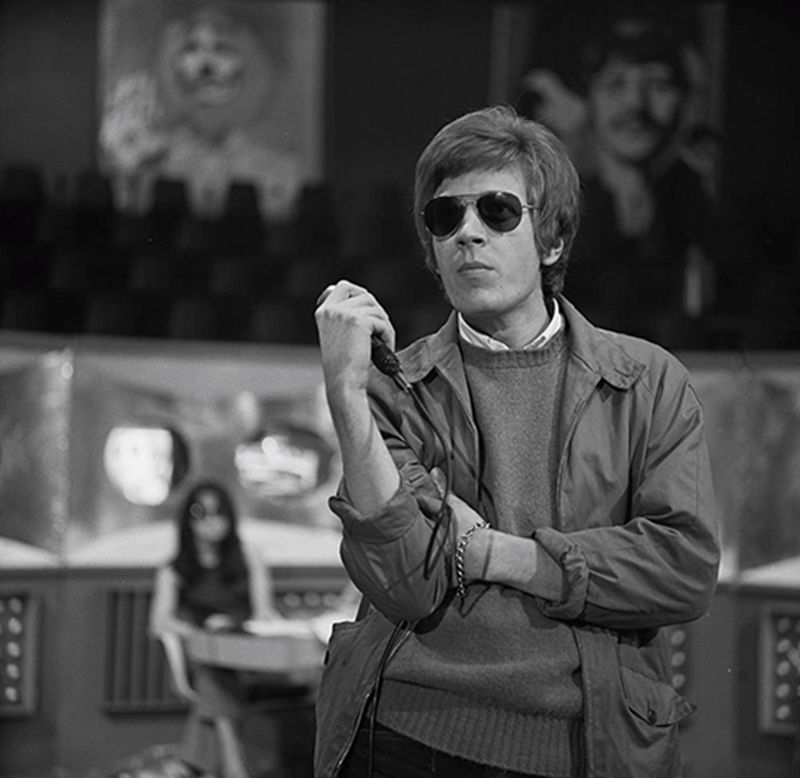In the music industry, fame is often seen as the ultimate achievement. However, some musicians have chosen a different path, leaving the spotlight behind in pursuit of personal fulfillment, peace, or new endeavors.
This blog post explores the stories of 20 musicians who turned away from fame. Their journeys are as diverse as their backgrounds, offering fascinating insights into their lives and choices.
1. Syd Barrett
Syd Barrett, a founding member of Pink Floyd, was a pivotal figure in the psychedelic music scene of the 1960s. Known for his innovative guitar work and unique songwriting, he became an iconic figure.
However, the pressures of fame, coupled with mental health struggles, led him to leave the band in 1968. After his departure, Barrett lived a reclusive life in Cambridge, focusing on painting and gardening.
His retreat from the public eye was a conscious decision for peace and anonymity. Though he passed away in 2006, his legacy in music continues to inspire artists globally.
2. Cat Stevens (Yusuf Islam)
Cat Stevens, now known as Yusuf Islam, was a beloved singer-songwriter in the 1970s, known for hits like “Wild World.” In 1977, he experienced a spiritual awakening that led him to convert to Islam.
He left the music industry to focus on humanitarian efforts and education, founding several schools and charities. Stevens returned to music in the 2000s, balancing his faith with his passion for music.
His journey from fame to faith illustrates a profound personal transformation, showing how he found harmony between his beliefs and his artistic expression.
3. Izzy Stradlin
Izzy Stradlin was a key member of Guns N’ Roses, contributing to the band’s early success with his songwriting and rhythm guitar. Despite the fame, Stradlin grew disillusioned with the rock star lifestyle.
In 1991, he left the band at the peak of their fame, seeking a quieter life away from the chaos of the music industry.
Stradlin occasionally releases solo work, but largely maintains a low profile. His departure from the spotlight speaks to his desire for genuine artistic expression over commercial success.
4. Peter Green
As a founding member of Fleetwood Mac, Peter Green was a guitar virtuoso whose bluesy style captivated audiences. Despite his success, Green struggled with mental health issues and the pressures of fame.
In 1970, he left the band and the music scene. Green spent years in obscurity, battling his personal demons.
His quiet return to music in the late 1990s was marked by a humble appreciation for life and art. Green’s story is a poignant reminder of the toll that fame can take and the enduring power of music for healing.
5. Sly Stone
Sly Stone, frontman of Sly and the Family Stone, was a revolutionary figure in funk music, blending diverse genres and breaking racial boundaries. Despite his groundbreaking success, Stone’s career was marred by substance abuse and personal issues.
By the 1980s, he had retreated from public life, living in relative obscurity. Stone’s sporadic appearances and performances are a testament to his complex relationship with fame.
His influence on music remains profound, even as he chooses a life away from the limelight, reflecting on his contributions to the industry.
6. Lauryn Hill
Lauryn Hill, a member of The Fugees, achieved solo success with her album “The Miseducation of Lauryn Hill.” Despite critical acclaim, Hill withdrew from the public eye, citing personal and artistic reasons.
Her retreat allowed her to focus on family and spirituality, occasionally re-emerging for select performances. Hill’s decision highlights her need for authenticity and control over her creative process.
Her legacy in music as a trailblazer remains intact, inspiring new generations of artists with her powerful voice and unwavering principles.
7. Bill Withers
Bill Withers, known for timeless hits like “Ain’t No Sunshine,” was celebrated for his soulful voice and heartfelt lyrics. Despite his success, Withers walked away from the music industry in the mid-1980s.
He sought to live a life away from the pressures of fame, focusing on his family and personal interests. Withers’ choice to leave at the height of his career was driven by a desire for normalcy and peace.
His enduring music continues to resonate, capturing the essence of human emotion with simplicity and grace.
8. Neil Diamond
Neil Diamond, known for hits like “Sweet Caroline,” enjoyed a prolific career as a singer-songwriter. In 2018, he announced his retirement from touring due to a Parkinson’s diagnosis.
Diamond’s decision marked a shift from public performances to personal life, focusing on his health and family. Despite stepping away from the stage, he continues to write and create music privately.
His journey reflects a graceful transition from fame, embracing a quieter existence while maintaining a connection to his musical roots.
9. Joni Mitchell
Joni Mitchell, an influential singer-songwriter, captured hearts with her poetic lyrics and unique voice. Despite her success, she gradually withdrew from the public eye, battling health issues and seeking solitude.
Mitchell’s focus shifted to painting, a passion she nurtures alongside her music. Her retreat from fame allowed her the freedom to explore her artistic interests away from the spotlight.
Mitchell’s legacy is celebrated for its depth and authenticity, inspiring countless musicians and artists who follow in her footsteps.
10. Tina Turner
Tina Turner, the “Queen of Rock ‘n’ Roll,” was known for her powerful performances and resilience. In 2009, she retired from the music industry after a successful career spanning five decades.
Turner’s decision to leave behind the demands of touring was influenced by her desire for tranquility and a focus on personal happiness. Now living in Switzerland, she enjoys a peaceful life away from the limelight.
Turner’s iconic legacy remains, defined by her indomitable spirit and groundbreaking contributions to music.
11. Steve Perry
Steve Perry, the former frontman of Journey, was celebrated for his soaring vocals. Despite his success, Perry chose to step away from the band in the late 1990s, seeking a life away from the demands of fame.
His departure was fueled by a need for personal healing and self-discovery. Perry’s occasional returns to music are marked by a deep appreciation for his craft.
His story is one of finding balance between public adoration and personal fulfillment, inspiring fans with his heartfelt journey.
12. Kate Bush
Kate Bush, known for her avant-garde style and ethereal voice, became a sensation with hits like “Wuthering Heights.” Despite her fame, Bush chose to lead a private life, focusing on her family and creative endeavors.
Her intermittent releases and rare public appearances reflect her desire for artistic integrity over commercial pressure. Bush’s influence on music is profound, celebrated for its originality and depth.
Her choice to remain largely out of the public eye adds to her mystique, endearing her to fans who cherish her unique contributions.
13. MF DOOM
MF DOOM, known for his complex lyrics and distinctive mask, was a pioneering figure in underground hip-hop. His enigmatic persona and innovative style captivated audiences. Despite his influence, he maintained a low profile, often shunning mainstream recognition.
DOOM’s preference for anonymity allowed him the freedom to explore his art without constraints. His untimely passing in 2020 left a void in the music world, but his legacy endures.
He remains a symbol of artistic independence, inspiring future generations with his uncompromising vision.
14. Michael Nesmith
Michael Nesmith, a member of The Monkees, was known for his musical talent and innovative ideas. Despite the band’s success, Nesmith shifted his focus to producing and pioneering music video formats.
His decision to move away from performing was driven by a desire to explore new creative avenues. Nesmith’s contributions to music and television are significant, highlighting his visionary approach.
Choosing a path less traveled, he left a lasting impact on the industry, blending music with multimedia long before it became mainstream.
15. Grace Slick
Grace Slick, iconic lead singer of Jefferson Airplane, was a defining voice of the 1960s counterculture era. In 1989, she retired from music, choosing to focus on visual arts.
Slick’s shift from stage to canvas was a conscious decision to explore her creative potential in new ways. Her artwork reflects the same bold spirit that characterized her music.
Slick’s legacy as a trailblazer continues, as she reinvents herself through painting, inspiring others to embrace change and creativity.
16. Gordon Lightfoot
Gordon Lightfoot, beloved for his rich voice and storytelling, achieved fame with songs like “If You Could Read My Mind.” Despite his enduring success, Lightfoot gradually retreated from the public eye.
He chose to focus on simpler pleasures, enjoying a life centered around family and music at his own pace. Lightfoot’s decision reflects a desire for authenticity and personal contentment.
His timeless music continues to resonate, cherished by fans who appreciate the sincerity and warmth of his artistry.
17. Robbie Robertson
Robbie Robertson, guitarist and songwriter for The Band, was instrumental in shaping the group’s sound. Despite their success, Robertson chose to step back from touring, focusing on film scoring and writing.
His transition from stage to screen allowed him to explore new creative horizons, blending his passion for music with storytelling. Robertson’s work continues to influence artists across genres.
His journey demonstrates the transformative power of creativity, embracing new challenges while honoring his musical roots.
18. Mike Oldfield
Mike Oldfield, renowned for his instrumental piece “Tubular Bells,” was a pioneer in progressive rock. Despite his success, Oldfield often shunned the limelight, preferring the solitude of his home studios.
His reclusive nature allowed him to focus on crafting intricate compositions, free from commercial pressures. Oldfield’s innovative spirit and dedication to his craft remain a source of inspiration.
His choice to lead a quiet life dedicated to music showcases the beauty of artistic integrity over fame.
19. Scott Walker
Scott Walker, originally a member of The Walker Brothers, evolved into an avant-garde solo artist. Despite his initial pop success, Walker pursued increasingly experimental music, stepping away from mainstream fame.
His commitment to pushing artistic boundaries led him to create profound, challenging works that defied conventions. Walker’s influence on music is profound, inspiring artists across genres with his fearless creativity.
Choosing obscurity over celebrity, he left a legacy of innovation, demonstrating the power of music as an art form.
20. John Frusciante
John Frusciante, best known as the guitarist for the Red Hot Chili Peppers, was celebrated for his emotive playing and songwriting.
Despite immense success, Frusciante left the band multiple times, seeking independence from the pressures of fame. His solo career reflects a deep commitment to personal expression and artistic freedom.
Frusciante’s decisions underscore the challenges of balancing personal identity with public expectation. His musical journey continues to inspire, illustrating the courage it takes to follow one’s true path.

